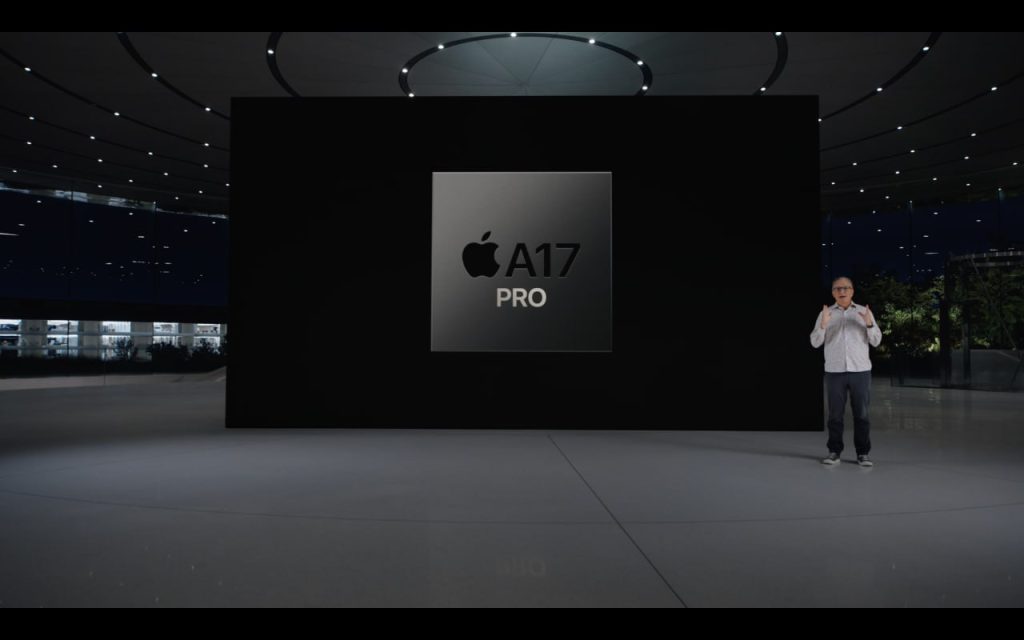Chipsets based on the 3nm process node have just started to hit the market, with Apple A17 Pro being the first. However, analyst Ming-Chi Kuo suggests the demand for this emerging technology might not be very strong next year, pushing major players to hold back. Apple will apparently cut orders for the 3nm chips next year, forcing chipmaker ASML to reduce EUV equipment shipment for by about 20-30%.
The semiconductor sector might bottom out in 2H23
According to Kuo, demand for Apple’s 3nm chips will be lower than expected next year. The analyst attributes this to a significant decline in MacBook and iPad shipments in 2023, which fell by approximately 30% and 22%, respectively, to 17 million and 48 million units.
“The sharp decline is attributed to the end of work-from-home (WFH) demand and diminishing user appeal for the new specifications (Apple Silicon and Mini-LED). Looking ahead to 2024, Apple’s 3nm demand is negatively impacted by the lack of growth drivers for MacBook and iPad,” he writes in his blog on Medium.

This might result in ASML, a Netherlands-based semiconductor company, lowering EUV equipment shipment for 2024 by about 20-30%, suggests Kuo. In addition, the TF International Securities analyst says Qualcomm’s 3nm demand for 2024 would also be lower than expected due to Huawei’s decision to stop sourcing Qualcomm chips and the higher-than-expected penetration rate of Exynos 2400 in Samsung smartphones.
For those unaware, Huawei has recently achieved significant progress in chip development by equipping its flagship Mate 60 and Mate 60 Pro with its own 7nm Kirin 9000S 5G processor. The Chinese company had previously depended on Qualcomm’s 4G flagship processors.
In addition, Samsung, which had been using Qualcomm’s Snapdragon 8 Gen 2 chips in all the Galaxy S23 models this year, is planning to significantly reduce its orders. The Korean company appears to be reintroducing Exynos chips to its S series, starting with the Exynos 2400.
Related:
- Dutch export controls trigger countdown for ASML’s advanced Chip Tools to China
- ASML Faces New Restrictions on Exporting Advanced Semiconductor Technology to China
- Japan’s Push for EV Charging may be A Huge Step in the Right Direction
- ASML strengthens presence in Japan to boost cutting-edge Chip production for startup Rapidus
(Source)







